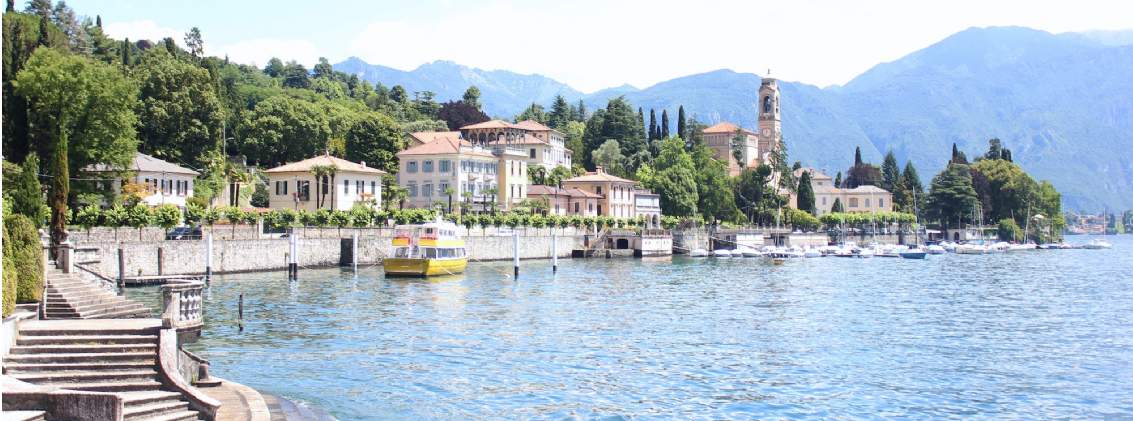With over one million, Italy has the largest number of hotel rooms in Europe and was the second most popular European travel destination in 2018, according to Eurostat.
The market is dominated by family-owned businesses, with big chains accounting for just 5 per cent of hotel rooms. The Italian hotel sector accounts for roughly 13 per cent of Italy’s GDP and is a favourite holiday destination for many wealthy travellers. For example, in 2019 60 per cent of all foreign arrivals stayed in a 4 or 5 star hotel, according to istat.
The Italian hotel and hospitality sector has been adversely impacted by the Covid-19 crisis with the vast majority of hotels being forced to close for months. Despite signs of distress, numerous investors have remained active over the past 18 months with transactions of a number of ‘trophy assets'.
For example, Baglioni Hotel Venice was bought by the Reuben brothers in February 2021 for circa €100 million and the Bauer Palazzo in Venice, two 5-star hotels located on Palazzo San Marco, transacted in June 2020 for €250 million. In Florence, NH Palazzo Gaddi sold for a reported €63 million and more recently Pygmalion Capital acquired two Hilton Hotels in Florence for an undisclosed sum. In the wider Tuscan region, Hotel Toscana Castelfalfi was bought by Incorp Holdings B.V Netherlands.
Many investors are still drawn to Italy and there is no sign of appetite waning despite the immediate distress to hotel operations. Orion Capital announced it was expanding luxury hotel brand Six Senses into Italy after acquiring an 18th-century palazzo in Rome and there are also rumours that Mandarin Oriental is opening in Florence’s Costa San Giorgio barracks redevelopment.
Like other countries across Europe, the Italian Government is under pressure to support the sector. An initiative to prevent distressed private owners selling to foreign investors has been forged by CDP (Cassa Depositi e Prestiti), a state-backed investor. CDP has raised a €2 billion real estate fund with the aim to purchase iconic properties, leaving the management to the former owners with the objective of selling the hotel back to the previous owners after 10 years.
Rumours have emerged that CPD is in advanced negotiations for the acquisition of the Lefay resort Gargnano on Lake Garda on a sale and leaseback basis. This sits within a broader sector strategy to support the industry with the aim of training managers, innovating the structure and management of activities, the purchase and modernisation of hotel facilities and promoting the separation of property ownership and hotel management to promote adequate investment and high quality standards.
Once we emerge from the disruption of the pandemic, Italy’s luxury hotels will be well positioned to benefit from the return of holidaymakers, particularly the larger hotel chains who can offer guaranteed brand standards and quality checks. While we may not be out of the woods yet, we are confident of the enduring appeal of Italian luxury for holidaymakers, ensuring continued investor appetite.
